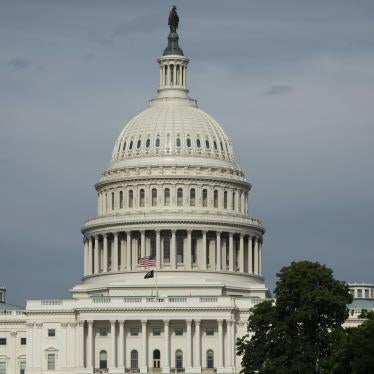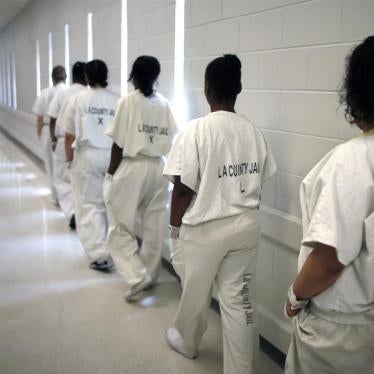It would be hard to overstate the extent to which Edward Snowden’s disclosures about U.S. mass surveillance techniques in the post-9/11 period have shaken up geo-political dynamics on Internet freedom, security and governance over the past year.
Even before Snowden, many governments had recognized the revolutionary, dis-intermediating and disruptive capacities of the Internet, and the corresponding empowerment of their citizens. Unfortunately, some chose to respond to the blossoming of free expression on the Internet by clamping down on social media, monitoring online activists, and imposing new restrictions on digital communications.
Post-Snowden, numerous governments, democratic or not, became more assertive in international Internet governance matters, whether in the name of fighting terrorism, protecting their citizens’ privacy or enhancing cyber security. For example, the Chinese government has pushed for “cyber sovereignty,” by which it means that each sovereign state should be able to establish its own Internet, governed by its own rules, according to its own definition of freedom online.
Just as troubling, the United States has set a dismal benchmark for the right to privacy online. Once viewed as a champion for Internet freedom, the U.S. has now provided a roadmap for mass surveillance, including with the knowing and unwitting assistance of global Internet companies. If many others follow the U.S. lead, privacy may quickly disappear in the digital age.
One bright spot, though, in the geo-political Internet governance sphere post-Snowden, has been Brazil. In September, President Dilma Rousseff spoke to the UN General Assembly, where she laid down two very important principles of Internet freedom, security and governance:
- In the absence of the right to privacy, there can be no true freedom of expression and opinion, and therefore no effective democracy;
- The right to safety and security of citizens in one country can never be guaranteed by violating the fundamental human rights of citizens of another country.
These two principles go a long way in articulating essential human rights parameters that should guide national security calculations about surveillance going forward.
Brazil placed itself at the forefront of international reform, sponsoring with Germany a UN resolution that was the first major UN statement on the right to privacy in 25 years. Brazil helped create new momentum for the global discussion on digital privacy and led with strong democratic principles.
Domestically, Brazil also made an important leadership move by enacting what is known as the Brazilian Digital Bill of Rights. It includes protection for the right to privacy and free expression online, and reinforces application of the rule of law in the digital sphere. The law was drafted with democratic participation and serves as a significant counter-model to secret drafting processes that contradict promises of transparency.
This Internet bill of rights, known as Marco Civil da Internet, establishes Brazilian support for Net neutrality as a guiding principle for future Internet developments. But the legislation, while an important precedent, is not perfect, and several significant questions remain about whether implementation of certain aspects will in fact protect users’ digital rights.
For example, the legislation requires Internet service providers to keep access and usage logs of their services for six months. This leaves open the risk that the data might be misused and imposes higher burdens on companies, especially new innovative start-ups, to keep all of this sensitive data properly and securely stored. Strong privacy protections will need to be established to make sure these provisions are carried out in a way that is consistent with human rights.
Finally, Brazil organized and led NetMundial, a global gathering of governments, nongovernmental groups, technologists, private sector actors, and academics on the future of Internet governance, and successfully demonstrated how a global multi-stakeholder approach to Internet governance decisionmaking could work.
Not long before, India had pushed for “multilateral” Internet governance. Far from internationalizing and democratizing governance, that approach could enhance the power of undemocratic governments to control the Internet, excluding nongovernmental groups, technologists, academics and the private sector from the process. Brazilians rejected the multilateral proposal in favor of an inclusive multi-stakeholder approach.
These developments are crucial to protecting human rights because the Internet has become the essential tool for exercising rights, whether exposing abuses, preserving privacy, making a living, making a protest, or choosing one’s associates.
Human rights protection now rests squarely on whether the Internet functions and that functionality will be negatively impacted if only governments have a role. Governments are not able to preserve the best that the Internet can offer, including in terms of security and protection, if they act by themselves in regulation and governance.
We are at a moment of truth in the post-Snowden period with respect to protecting both the open interoperable global platform, and human rights online. Brazil’s government showed great leadership, as did Brazilian independent groups and CGI.BR., Brazil’s Internet steering committee. But the year ahead will require even greater commitment and leadership, to ensure that Internet governance and regulation protect and strengthen rights, rather than undermine them.






